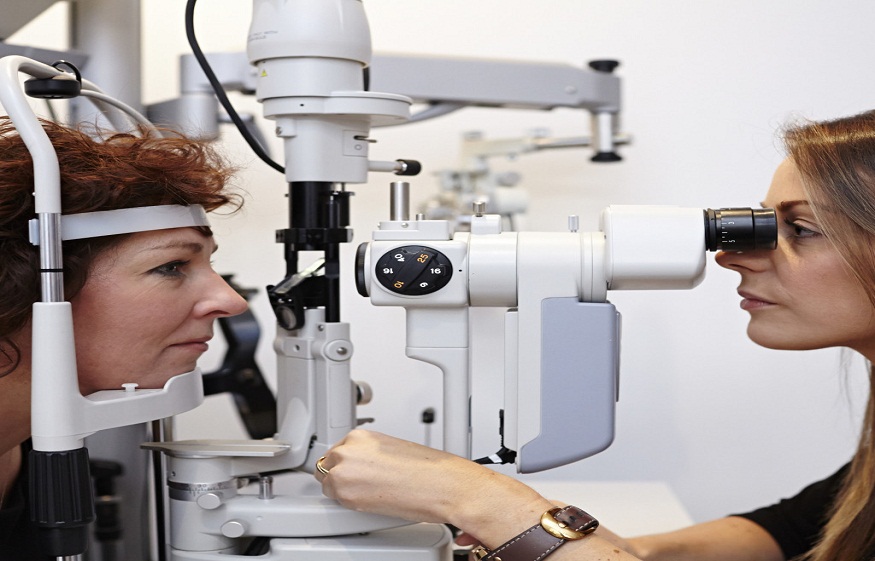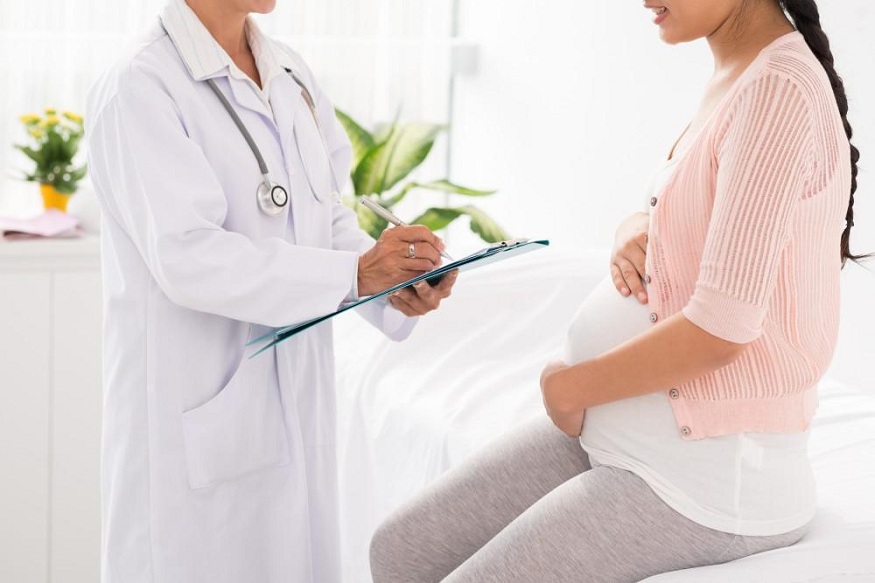The Obstetrics and Gynaecology Department is a vital sector within any hospital. It is dedicated to providing comprehensive health services to women, including prenatal care, childbirth, and disorders of the reproductive system. This blog post will explore the multifaceted duties of a hospital’s Obstetrics and Gynaecology Department.
Understanding the Obstetrics and Gynaecology Department
The department of Obstetrics and Gynaecology, often abbreviated as OB/GYN, encompasses two distinct yet often overlapping medical specialties. Obstetrics is concerned with pregnancy, childbirth, and the postpartum period, while gynaecology involves the diagnosis and treatment of disorders of the female reproductive system.
Key Duties of the Obstetrics and Gynaecology Department
The roles of the Obstetrics and Gynaecology Department are numerous, each equally important for women’s healthcare.
1.Prenatal Care
One of the primary responsibilities is to provide care for women during pregnancy. This includes regular check-ups to monitor the health of the mother and foetus, prenatal screening and diagnostic tests, and guidance on diet, exercise, and managing pregnancy symptoms.
2.Childbirth Services
The department is responsible for overseeing childbirth, ensuring the safety and health of both the mother and the baby. This includes managing labour and delivery, performing necessary interventions such as caesarean sections, and providing postnatal care.
3. Gynaecological Care
Apart from obstetrics, the department also offers gynaecological services. These services involve the prevention, diagnosis, and treatment of conditions such as menstrual disorders, infertility, endometriosis, uterine fibroids, and gynaecological cancers.
5. Family Planning Services
The Obstetrics and Gynaecology Department provides family planning advice and services, including contraception counselling, fertility treatments, sterilisation procedures, and counselling for unexpected pregnancies.
6. Menopause Management
Management of symptoms associated with menopause, including hormonal treatments, is another important service provided by this department.
The Importance of Obstetrics and Gynaecology
The Obstetrics and Gynaecology Department’s primary role is to ensure the health and wellbeing of women at all stages of their lives, from puberty to menopause and beyond. It plays an integral role in childbirth, one of the most significant health events for many women.
Conclusion
The Obstetrics and Gynaecology Department plays a pivotal role in women’s healthcare, providing medical services that span the female lifespan. The work of the OB/GYN department is at the heart of family creation, dealing with some of the most joyous, but sometimes also challenging, aspects of life. Understanding the roles and responsibilities of this department can help patients to better utilise the comprehensive services it provides.



